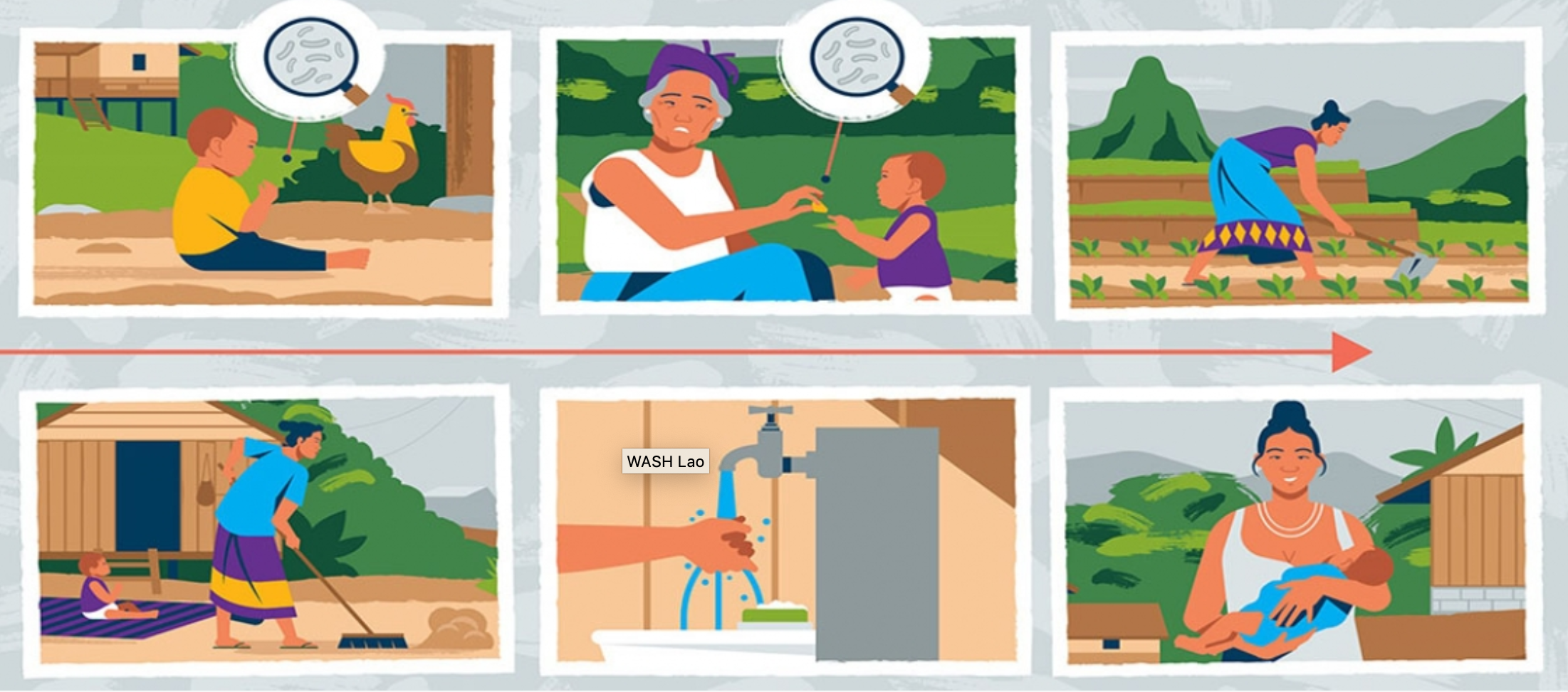In Laos, addressing childhood stunting.

The World Bank’s Baby Wash program includes useful innovations to help reduce childhood stunting – a permanent and devastating condition.

The World Bank’s Baby Wash program includes useful innovations to help reduce childhood stunting – a permanent and devastating condition.

TI and DRI report on our research into WASH in Healthcare facilities.
TI is working with the Desert Research on building a toolbox to improve sustainability of WASH in Healthcare facilities. Poor WASH affects quality of patient case and safety of staff, patients, and families. Our research started with a landscape review (and appendix) of existing literature. We then spent 3 weeks in Malawi in November 2019 collecting data at all the clinics and hospitals (both govt run and faith-based) in Rumphi District. Our report has led to important insights on the barriers affecting sustainability.
“Waste management is one of the biggest challenges confronting many African countries. The issue of collection, management and disposal of solid waste still features highly in major towns and cities across the region. Failure to correctly manage waste disposal has often led to flooding and the outbreak of diseases.” Read More…
China has made toilets a significant priority according to a recent Guardian article.
“It’s time for humanity to rethink the traditional water-flush toilet. This is fairly obvious to anyone who has worked in the development sector and it’s becoming painfully obvious in places that have spent decades taking the flush toilet for granted.
In 2017, the UN reported that almost six in 10 people lack access to safely managed sanitation and that 80 percent of wastewater is being dumped untreated. While water rationing currently impacts places like California and the Eternal City, by 2025, 66 percent of the world’s population will be living under water scarcity. Rising sea levels and changing weather have caused increasing urban floodsthat lead to cholera outbreaks and bathe whole neighbourhoods in faecal coliforms, right here in England. But despite the universality of the problem, a double standard afflicts the sanitation world.” Read the full Next Billion article…